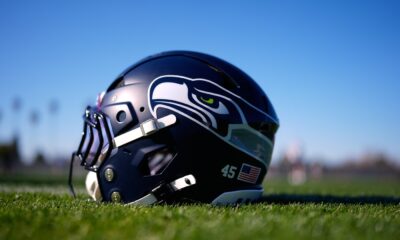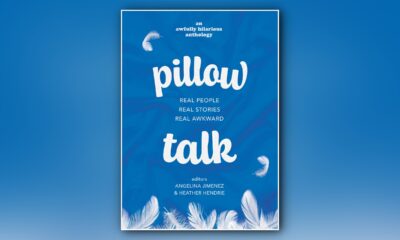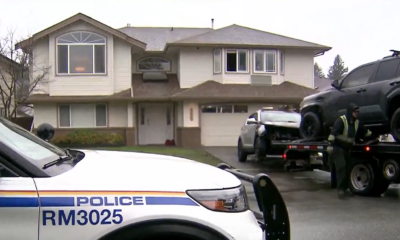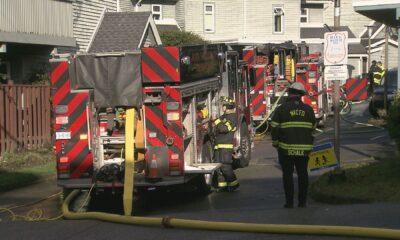Local News
The Up and Down History of the Vancouver Canucks
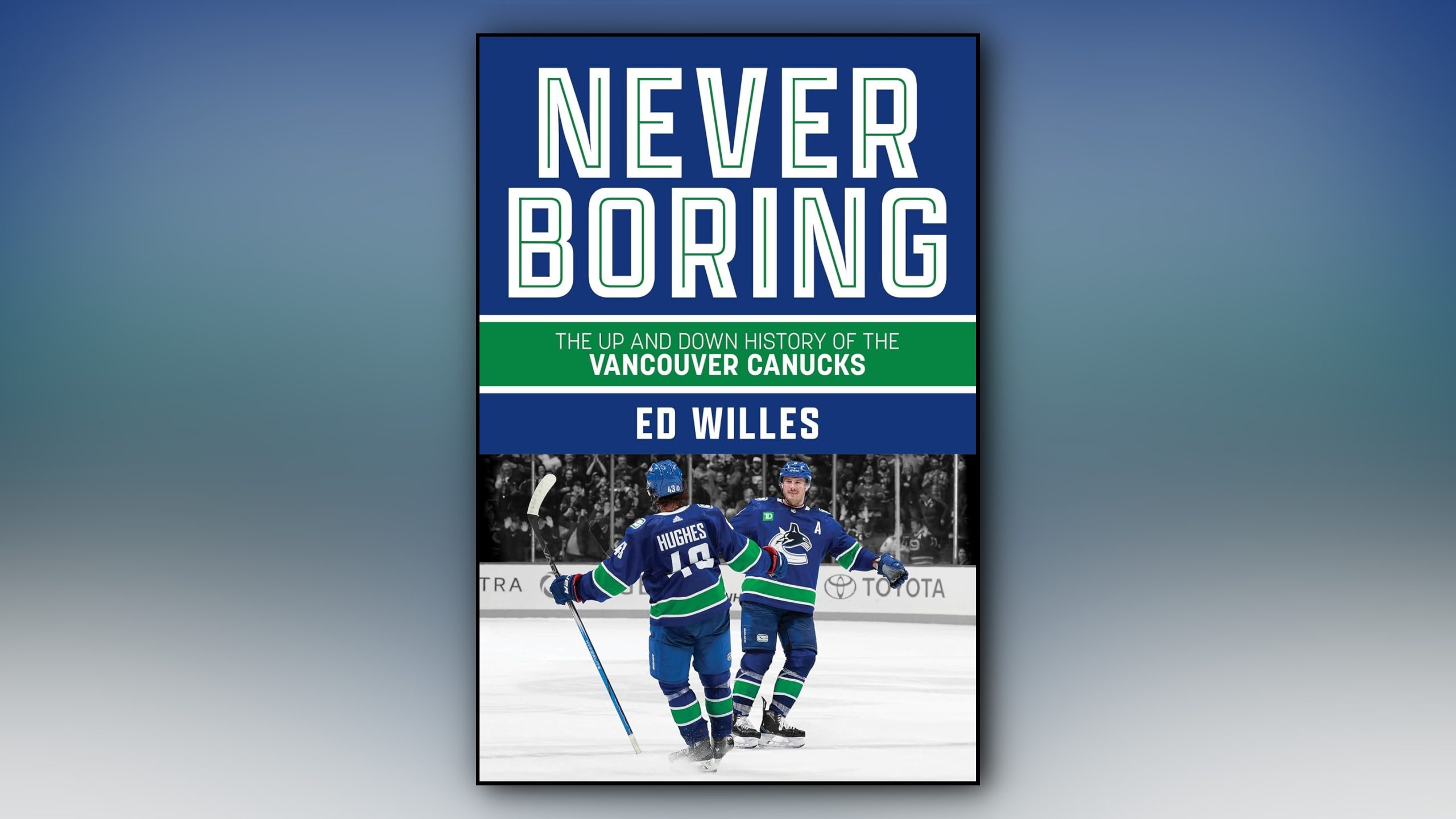
Despite coming close in 1982, 1994, and 2011, the Vancouver Canucks are entering their 54th season never having won the Stanley Cup. Now, a new book looks at the “sometimes thrilling, often infuriating, and always fascinating” story of the team.
In Never Boring: The Up and Down History of the Vancouver Canucks, retired sportswriter Ed Willes looks at what he calls the “messy, beautiful love story” between the hockey club and its fans, a “litany of woe that stretches back farther and runs deeper than many Canucks realize.”
“It is the one thing in the world of sports that is uniquely British Columbian,” he said. “I always maintain there’s a force field at the Rocky Mountains, and things never came in and things never get out. And I don’t think the larger NHL world truly appreciates everything the Canucks have been over the years. So, I just think the story needed to be told in its totality.”
For a team with a history filled with “what if” questions, Willes opens his book with a doozy — and perhaps one that few fans knew about — in a chapter titled, “What if Stafford Smythe hadn’t been a vindictive jerk?”
“I didn’t know about it either,” said Willes. “I just stumbled upon this doing the research.”
In 1964, the Toronto Maples Leafs co-owner offered to build a state-of-the-art, big league-calibre downtown arena for a new Vancouver NHL franchise — as long at the city donated the land.
John-Ackermann-speaks-to-Ed-Willes-author-of-Never-Boring
“And of course, the land he picks is where the Vancouver Public Library now sits,” said Willes. “So, it becomes this hugely divisive public issue. It goes to a plebiscite. I think it’s the 1965 mayoral election. It’s soundly defeated, and Stafford Smythe said, ‘That’s it, there will never be any NHL hockey in Vancouver for a generation. It’s a bush league town.’”
The Canucks would eventually get their downtown arena, but not until 1995.
Smythe was a big reason why Vancouver was not included in the first round of NHL expansion in 1967. The Canucks wouldn’t enter the league until 1970 when they also began their chequered history at the amateur draft. The Buffalo Sabres would go on to draft Gilbert Perreault, a future Hall of Famer who would spend his entire 17-year career in a Sabres uniform, while Vancouver would select journeyman blueliner Dale Tallon, whom they would trade away three years later.
Willes feels the Smythe episode unleashed forces that have haunted the team ever since — from wonky ownership to the wrong people being in charge at the wrong time.
And they don’t get more wrong than John McCaw, who owned both the Canucks and the NBA Grizzlies for several years in the 1990s.
“And when you talk about John McCaw, you have to talk about his right-hand man, Stan McCammon, who’s responsible for so many ruinous decisions in the life story of the Canucks. Yeah, I think McCaw wins worst ownership, which is really a dubious honour,” he said.
McCammon was a central figure in another big “what if” story explored in the book — the time Canucks came very close to landing Wayne Gretzky back in the summer of 1996.
“Wayne was signed, sealed and delivered,” said Willes. “He wanted to come to Vancouver. He’d gotten to the point where he was looking at homes in West Van, and his wife, Janet, was talking to the other Canucks wives about schools. He liked [General Manager] Pat Quinn. He was close with [Canucks Captain] Trevor Linden, and everything was lined up.”
But in now typical Canucks fashion, the deal fell apart when McCammon pushed Gretzky’s agent to present the deal to his client in the middle of the night rather than wait until the morning.
“So many what ifs with the Canucks, but that was a beauty,” Willes said.
Indeed, one of the recurring themes of the book is the role of ownership — or as Willes puts it — how dysfunction in the front office invariably finds its way onto the ice. He feels the golden era of Canucks ownership was when the Griffiths family still controlled the team.
“So, in terms of stability, there was a period there, I’m going to say from about 1990 until probably ’94 and then the next season too, when Arthur [Griffiths] still has control of the team. Then he has to sell to the McCaws, to John McCaw, and then all hell breaks loose.”
Never Boring is a wry, sardonic take on the team and its tough luck on-ice history. It is also a low-key love letter to Vancouver’s sportswriters of yore. Willes, who spent more than 20 years as a columnist at The Province newspaper, gives special thanks to the likes of Jim Coleman, Jim Taylor, Jim Kearney, and Denny Boyd. It’s a classy touch and a nod to a bygone era of sports journalism.
The book ends on a hopeful note, looking at the incredible Canucks playoff run in 2024 – Vancouver’s first real postseason in almost a decade.
When I asked Willes if he thought success would change the Canucks, he didn’t mince his words.
“Well, I’d like to find out, wouldn’t you?”
Never Boring: The Up and Down History of the Vancouver Canucks is available from Harbour Publishing.



